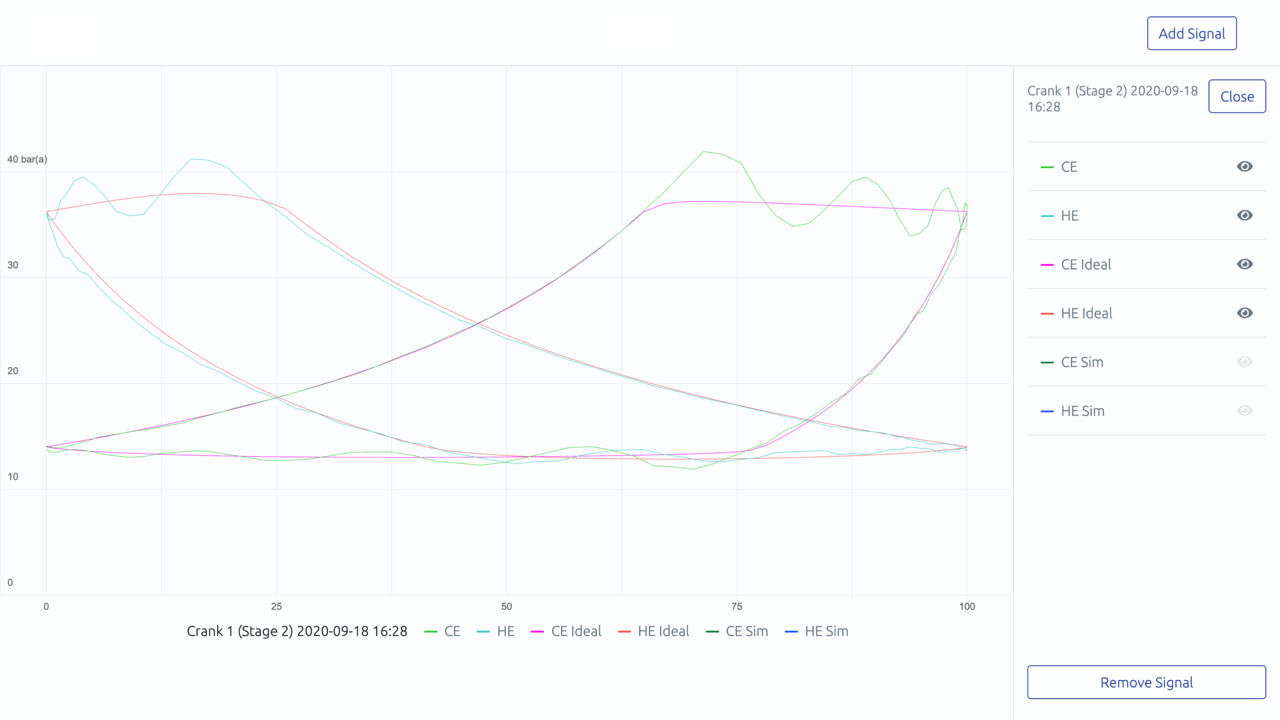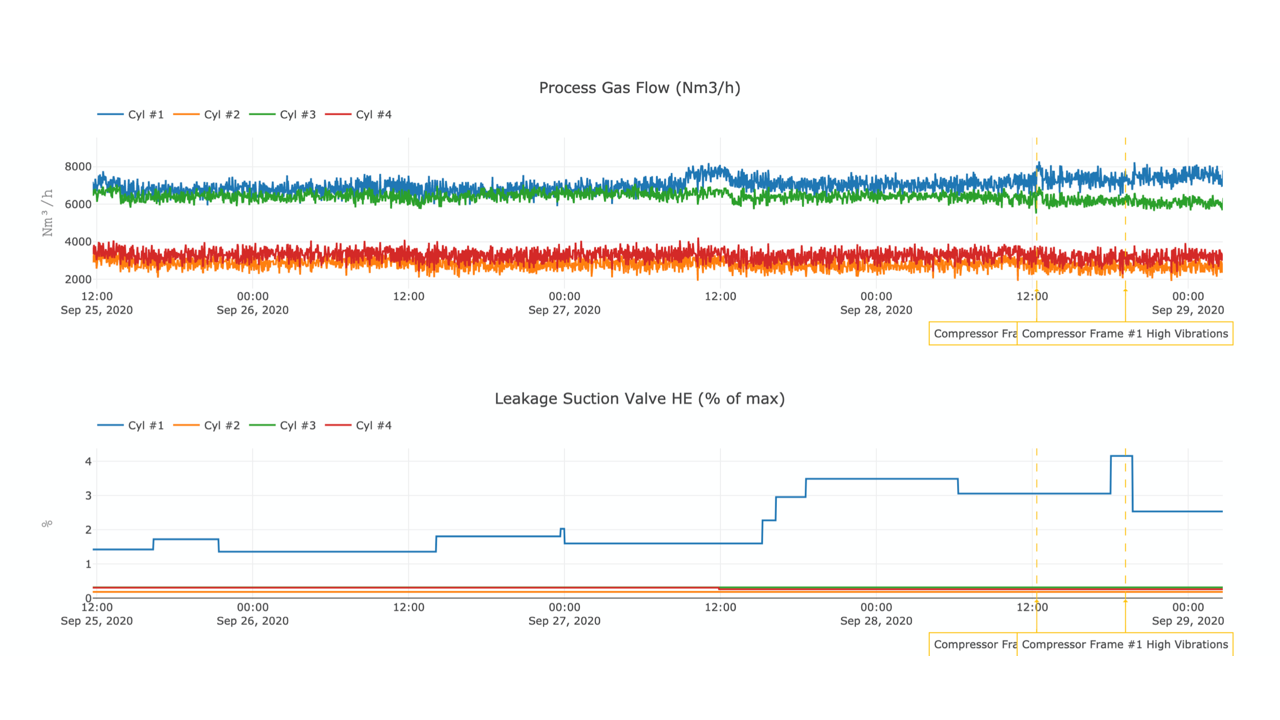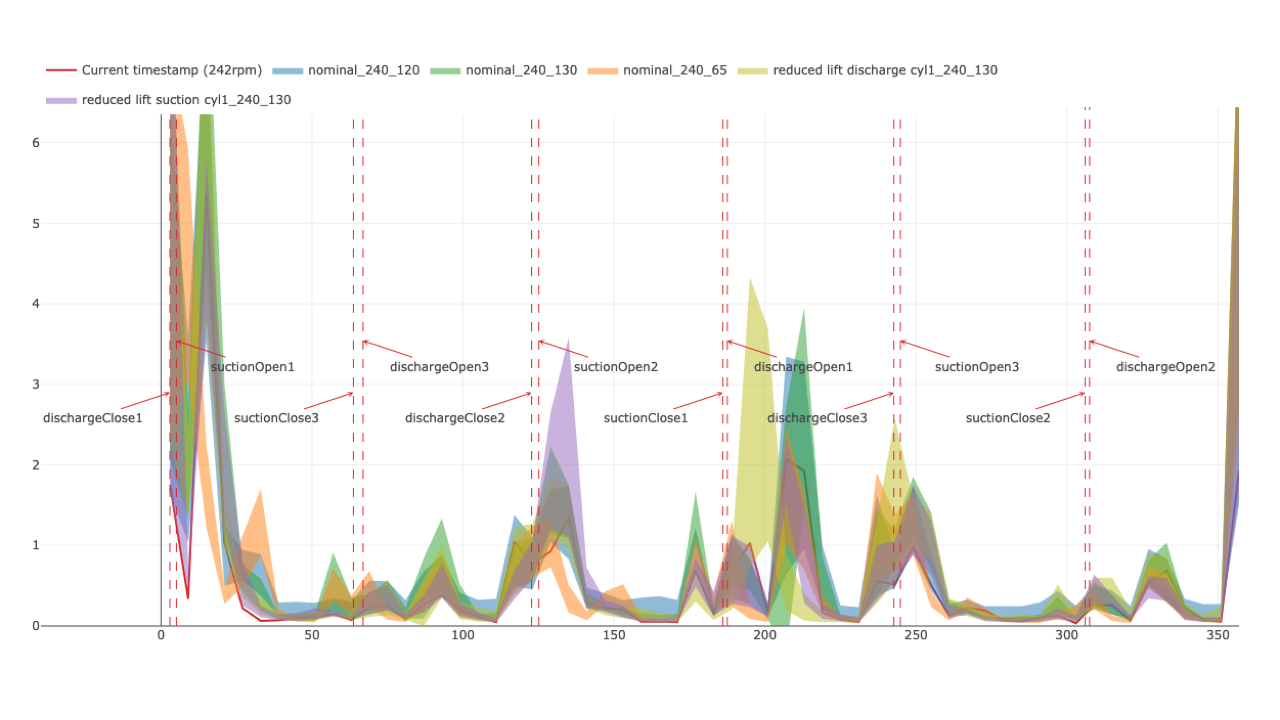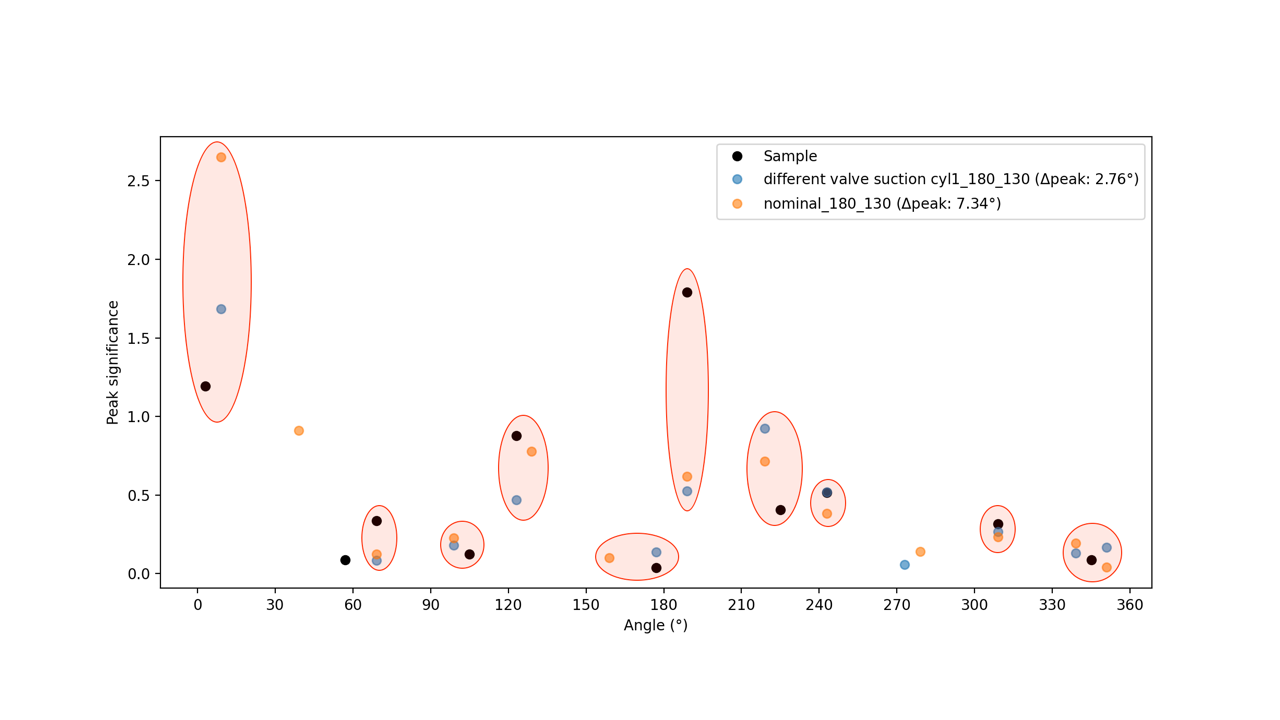Digital Twin
Nowadays, obtaining data-sets is the ‘easy’ part. Converting data into deep & effective insights is a big challenge. IMBU uses advanced mathematics to e.g. build physics-based digital twins, perform statistical analysis, and machine learning in order to generate actionable notifications to equipment users.
After the design and implementation of the infrastructure required to transfer data to servers, a new challenge starts. Data by itself does not present a huge value unless it is processed in order to gain deep, effective & actionable insights into machine performance and condition. As with enclosure- and electronics-development, there is not a one-size-fits-all. Different applications require different ways of processing data in order to draw “actionable conclusions”.
Data streams from reciprocating equipment such as piston-compressors, plunger pumps, and reciprocating gas-engines are hard to process with market available tools, as their reciprocating nature generates a non-homogeneous data-set. Part of IMBU’s expertise is performing crank-angle referenced vibration and pressure measurements, which enable further processing. This can be done with e.g. a physics-based mathematical model of a compressor or a history-based crank-angle sensitive vibration model for that asset.
After these initial processing steps, which are now often taken ‘at the edge’, a homogeneous time-series data-set is generated, which can in turn be processed with a broader set of analysis tools.
IMBU has been involved in the development of physics-based digital twins for gas-compressors and plunger-pumps, in close collaboration with the OEM. Often the base for these digital twins is the sizing & performance software OEMs typically have in-house, available in order to match a machine to an application.
For vibration-analysis, IMBU has developed a methodology that creates a history-based crank-angle sensitive digital twin, which provides a baseline against which actual time-waveforms can be referenced.
- Date October 28, 2018
- Tags Skill / Expertise



